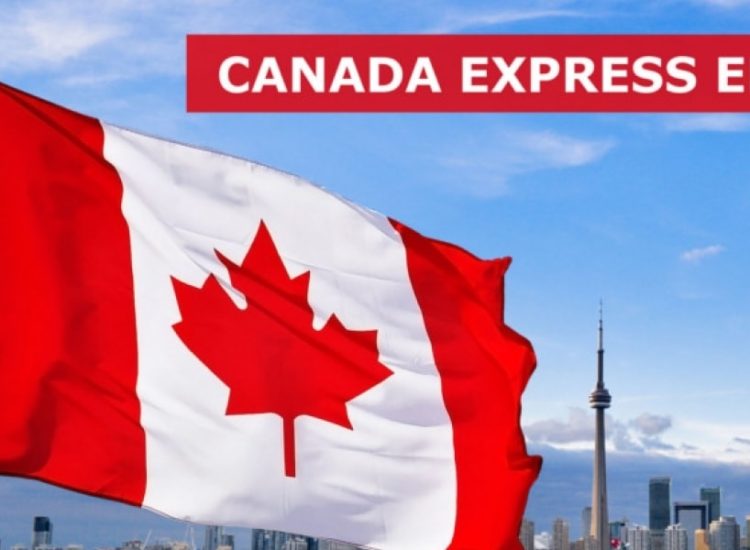
Last week an internal IRCC briefing memo was made public, creating speculation and confusion on how Canada’s immigration department will manage Express Entry in 2022 and beyond.
Signed on November 24, 2021, the IRCC briefing provides background information on why Immigration, Refugees and Citizenship Canada (IRCC) has not issued Express Entry invitations to Federal Skilled Worker Program (FSWP) candidates since December 2020 and to Canadian Experience Class (CEC) candidates since September 2021. The briefing is heavily redacted so it is not possible to draw firm conclusions from it. Despite its ambiguous nature, the briefing indicates the pause is to allow IRCC to reduce its application backlogs so it can eventually get closer to its stated service standard of processing Express Entry applications within six months. Processing times are currently longer as the department plays catch up. The memo should be seen as an extension of another IRCC memo reported on by CIC News in the fall.
As noted in the newer IRCC memo, Express Entry backlogs have grown due to reasons such as previous travel restrictions as well as the department’s focus to transition those in Canada to permanent residence to achieve their immigration levels goal of landing 401,000 permanent residents in 2021. To support their immigration levels goal, IRCC issued large numbers of ITAs to CEC candidates and created a special Temporary Residence to Permanent Residence (TR to PR) pathway. The focus on in-Canada applications has come at the expense of applicants who have submitted Express Entry applications overseas, as they have seen their processing times rise significantly.
IRCC says as it considers options for its Immigration Levels Plan 2022-2024, Express Entry admissions are likely to “face a significant reduction to accommodate other ministerial and departmental priorities.” Some preliminary scenarios at the time of the memo suggested decreases of more than 50% of the 110,500 that was allocated in the current 2021-2023 levels plan. These reductions may be required, according to the memo, to accommodate the TR to PR pathway, and the Canadian government’s goal to resettle 40,000 Afghan refugees. The new levels plan will be announced by February 14, 2022.
Express Entry “invitations” and “admissions” are two different metrics
The memo is unclear about when draws to FSWP, CEC, and FSTP candidates will resume. It states that an estimated 76,000 Express Entry persons will be on inventory at the start of 2022 which is significantly higher than what it needs to meet its admissions targets and thus no new Express Entry intake is required for at least the first half of 2022. One of the unclear aspects of this discussion is whether IRCC means “invitations” or “intake”. Candidates have up to 60 days from the time they receive an invitation to submit their permanent residence application to IRCC. The “intake” occurs when IRCC receives the completed application.
The department wants to cut its Express Entry application backlogs by more than half before considering broadening its Express Entry draws again. The reason for this is IRCC wants to ensure it can process the applications of those invited in a quicker manner. Based on its recent ability to finalize over 16,000 Express Entry applications per month, IRCC may very well be in position to cut its Express Entry backlog by over 50 per cent within the early part of 2022. Hence, technically speaking, IRCC can resume invitations to FSWP, CEC, and FSTP within the coming months knowing that some two additional months will pass before they receive additional intake.




